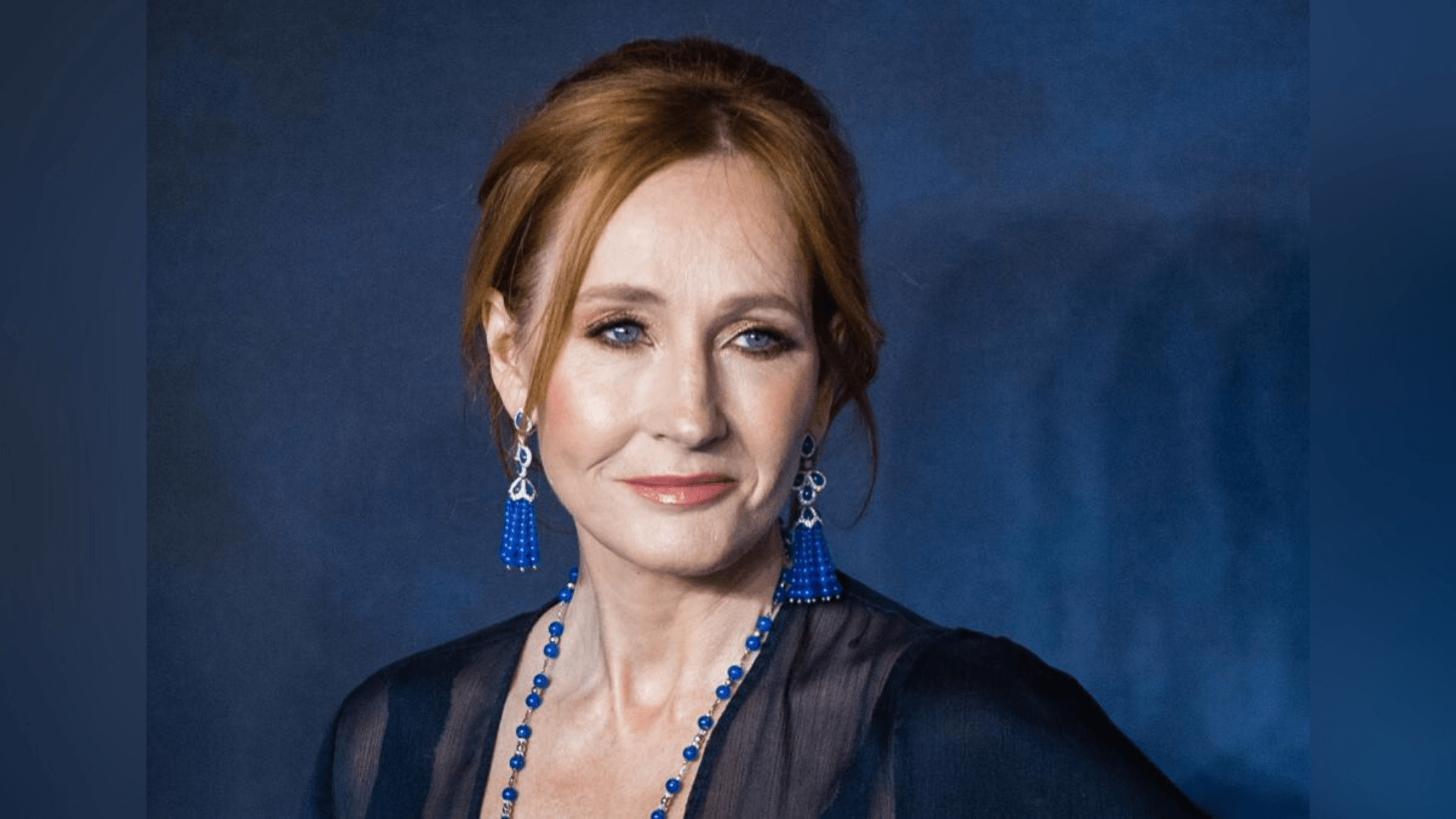Despite her recent controversial remarks regarding the Trans community, JK Rowling’s sales have continued to rise over the quarantine period with publisher Bloomsbury even saying that they have proved a ‘lockdown hit’, contributing to a growth of 27% in their children’s division. Her success following the controversy revives the age-old question of whether it is possible to separate art from the artist, and whether at a certain point, financial success grants the artist immunity from criticism of their questionable actions.
Rowling has come under fire recently after taking to Twitter to criticise an article that referred to ‘people who menstruate’ and the risks they were facing during the coronavirus pandemic. Rowling took issue with the choice of words, tweeting ‘I’m sure there used to be a word for this…?”, suggesting that women should be defined as people who menstruate. She then responded to criticism of this statement with an extended essay that expressed ‘deep concerns’ with regards to transgender rights and the importance of ‘protecting’ female-only spaces from transgender women who have not yet completed their physical transition.
Her comments have been widely criticised by various LGBTQ+ organisations, such as GLAAD who issued a statement saying ‘JK Rowling continues to align herself with an ideology which wilfully distorts facts about gender identity and people who are trans.’ Daniel Radcliffe, the lead actor in the Harry Potter films also responded to her comments by stating ‘trans women are women.’ Radcliffe followed this by noting that a survey by the Trevor Project found that 78% of transgender and nonbinary youth reported being the subject of discrimination because of their gender identity, suggesting that it was a dangerous decision for Rowling to aid, in any way, this anti-trans rhetoric when they are a community already so marginalised.
The fact that sales for Harry Potter series have remained so high despite the significant backlash against Rowling suggests that most people don’t take issue with her opinion or are managing to separate her work from her personal views. It is a difficult decision to choose to continue supporting someone who holds views that you deem dangerous and unacceptable when they are the creator of something you loved and even found solace in. This has been a common conundrum with the recent emergence of the #metoo movement. Some would argue that art relies too much on its context for us to be able to separate the two. The question of financial power is also important. We all know the phrase ‘you vote with your dollar’ and it is true that when we purchase music, film or literature created by a problematic artist, we are contributing to the power that they are abusing. In the case of J.K Rowling, it is evident that she feels comfortable enough to voice her contentious views because she felt some immunity as a result of her multi-millionaire status.
However, it is also important to note that the universe J.K Rowling created has transcended just her as an author and the original books. With films, theatre productions, theme parks and merchandise being sold in almost every high street shop, the Harry Potter story has become a commercialised brand and it is no longer owned by one woman. Furthermore, almost every top-billed actor in the film franchise has come out in support of the trans community and at this point, they are just as much a part of the legacy as Rowling is. Although Rowling wrote the original books, it is the imagination and dedication of readers that created such love and success for the world. It is obvious from her recent sales that it will take more than her controversial tweeting to stall her success and, in this case, perhaps the best reaction is to reclaim the books so she no longer has control over their meaning and legacy. This conclusion is echoed in Harry Potter actress Bonnie Wright’s words as she tweeted ‘If Harry Potter was a source of love and belonging for you, that love is infinite.’
Image Credit: CPERSIAN

